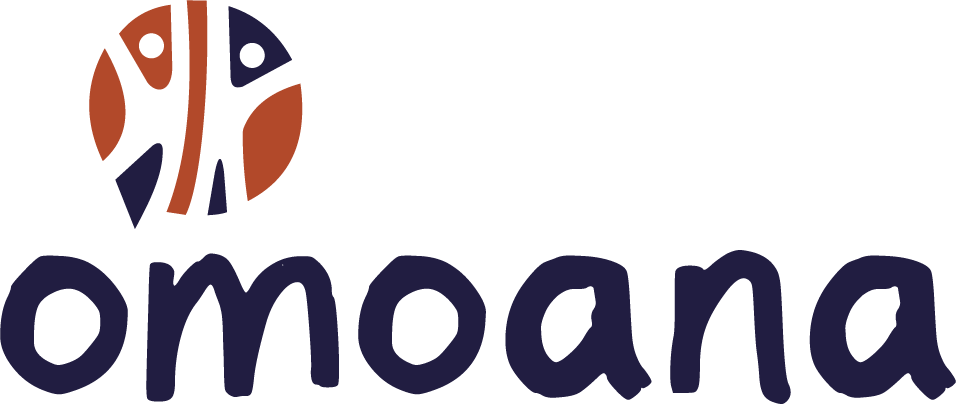More refugees fled to Uganda than to Europe in 2016. According to Norwegian Refugee Council, 489,000 South Sudanese took refuge in Uganda, while 362,000 crossed the Mediterranean. This reminds us of something. During humanitarian crises that shake the planet, the first to come to the aid of those affected are those close to them. During wars or epidemics, it’s neighbors and families who come to the aid of people who may be dying.
What does this mean? That the bulk of the work is carried out by local people, not by dedicated Europeans who, in addition to the many refugees welcomed into their own countries, fund humanitarian organizations. No, in Uganda as in the Middle East, people are not just victims or executioners. They are also home to the main heroes who, with empathy and courage, come to the aid of those in need.
In their work, Omoana and its partners have seen the key role played by communities in tackling crises. It is often grandmothers who care for orphaned and HIV-positive children. It is the communities that have supported traumatized child soldiers returning to their villages, and it is the Ugandans who are the main players in the reception of South Sudanese. Indeed, the Bidibidi camp alone receives more than 270,000 refugees, the equivalent of twice the population of the city of Lausanne.
Beneficiaries must be consulted, as they are in the best position to respond to the main problems, express their needs and, above all, suggest activities to deal with them. This is why the association must implement a participative approach for each project. We thank you, dear donors, for believing and wish you all the best for 2017.
Adrien Genoud
President


